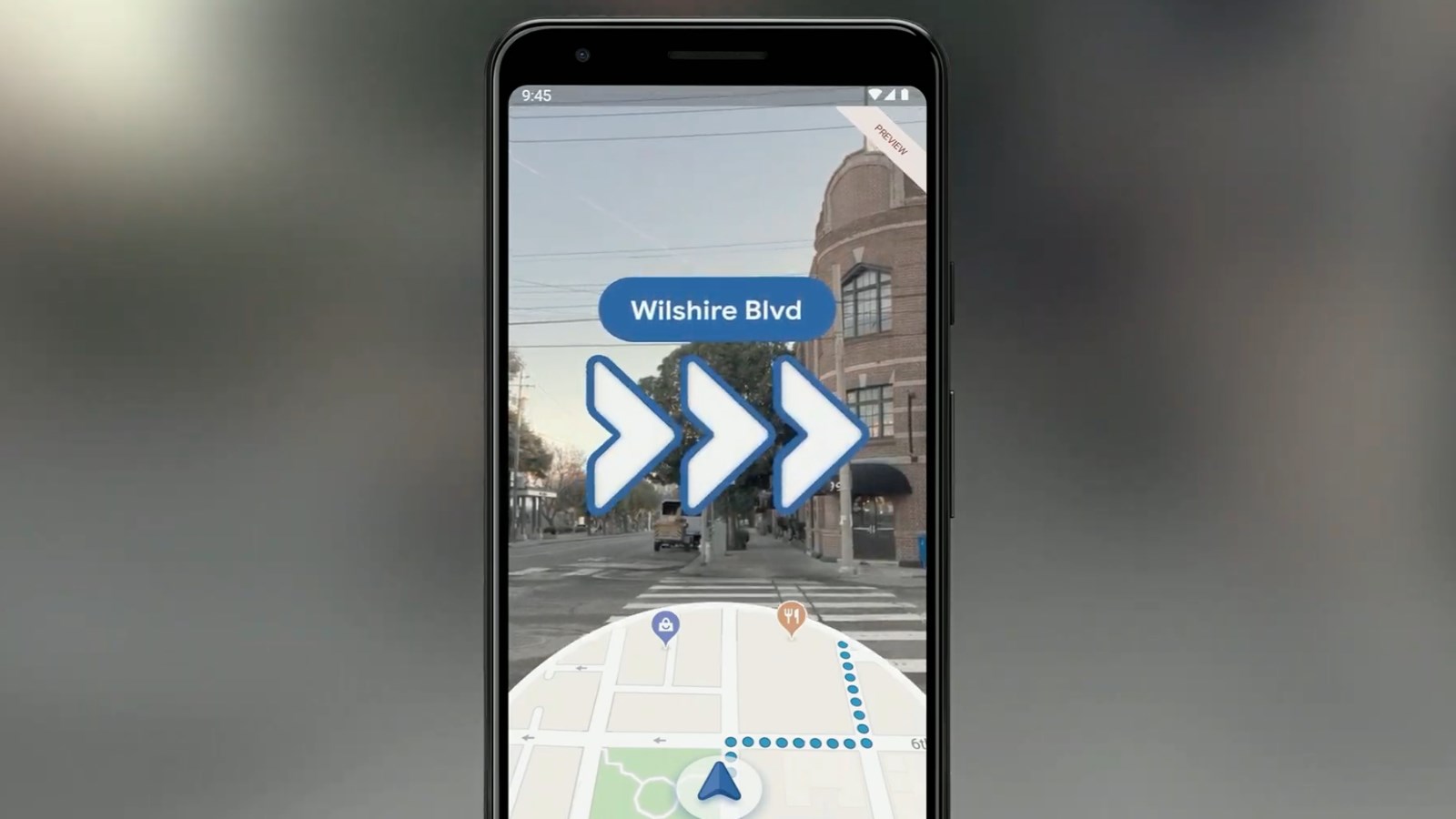Does the Pixel 3a spell trouble for future Google flagship phones?
How much do consumers want 'amazing' photos?

One of the key questions to come from the launch of the Google Pixel 3a launch is what this means for the search giant's phone strategy going forward - and a strong hint suggests that it's going to stay confusing for at least a year.
Speaking to Android Police, Google has 'committed' to launching cheaper, less-powerful versions of its Pixel range for the 'foreseeable future', and while it wouldn't confirm future models, it seems likely that this will mean the Google Pixel 4a will one day exist.
Why is that important? Surely 'phone brand to make sequel' isn't a big deal? Well, it is when you place it in the context of lower than expected sales of the 'main' flagship phones from Google - the Pixel 3 and Pixel 3XL didn't pick up the traction parent company Alphabet would have been hoping for.
- Coming later this year: iPhone 11
- The OnePlus 7 launches on May 14
- Check out the best camera phones around
When you've got a brand struggling to sell its expensive model (in this case, the Pixel 3 and Pixel 3XL), the pivot to suddenly hitting a cheaper price point with similar features is dangerous.
Instead of a gateway to the 'better' phone, it serves as a device that leaves consumers feeling they've got a smart deal - and that's always a powerful motivator, meaning they're surely more likely to choose the cheaper model in future years.
That's especially true when you consider the Pixel 3a has a headphone jack - even years after Apple started the crusade to lose it, consumers are still hankering after the handy slot.
Google adding a headphone jack back to the Pixel 3a pic.twitter.com/WHcFxncoMGMay 7, 2019
The confusion over whether to buy a flagship phone, or a cheaper variant, is one Nokia also created years ago, when it moved to Windows Phone as an operating system. The high end Lumia 920 was a great phone, but the user experience and app ecosystem could be found on the Lumia 520, a phone for a fraction of the price with a similar feel under the finger.
Get daily insight, inspiration and deals in your inbox
Sign up for breaking news, reviews, opinion, top tech deals, and more.
Ironically, the big difference there was the camera - the 520 had a shockingly poor camera compared to its larger brethren, where both the Pixel 3 and Pixel 3a have top-quality snappers.
Google has been banking on the fact its become the purveyor of some of the best camera tech in a smartphone - the clue about that desire is in the Pixel name - as the reason consumers will choose its handsets over the Samsung Galaxy S10, iPhone XS or Huawei P30.
Is a taste all we need?
The notion of the Pixel 3a seems to be that you're getting a flavor of the Pixel 3's prowess, but not the whole hog. You're getting a pretty good camera, but one that doesn't have all the top features of the flagship device.
You're getting a phone that looks similar to the more expensive device, but doesn't offer the same premium feel in the hand.
But pitching that at a time when consumers are more price conscious than ever and holding onto their phones for longer is dangerous... and the difference between the Pixel 3 and Pixel 3a isn't large enough.
"The 3a feels like a slight step down in terms of handfeel and the speed of the user interface, but not in a hugely noticeable way," says our phones writer, Tom Bedford, who's reviewing the Pixel 3a.
"The main difference to the sensor is to the front camera, as there's not a second ultra-wide sensor - while the speed of the snapping isn't as rapid on the Pixel 3a [because there's no Pixel Visual Core], it's not something that would bother the average person, making the Pixel 3a a real alternative to the 3 for any kind of user.
"It's making the more expensive alternative feel a little redundant, and it might make people wonder about waiting for the 4a when the Pixel 4 emerges."
So by confirming the future will still consist of Pixel 'a' series phones, it suggests that Google is accepting that the volume it's after - don't forget, it wants to put 'native' Android in the hands of as many consumers as possible - is in the mid-tier smartphone segment.
Either that, or the future flagship Pixel phones may be more advanced or pack more premium features to warrant the upgrade over their cheaper counterparts.

Gareth has been part of the consumer technology world in a career spanning three decades. He started life as a staff writer on the fledgling TechRadar, and has grew with the site (primarily as phones, tablets and wearables editor) until becoming Global Editor in Chief in 2018. Gareth has written over 4,000 articles for TechRadar, has contributed expert insight to a number of other publications, chaired panels on zeitgeist technologies, presented at the Gadget Show Live as well as representing the brand on TV and radio for multiple channels including Sky, BBC, ITV and Al-Jazeera. Passionate about fitness, he can bore anyone rigid about stress management, sleep tracking, heart rate variance as well as bemoaning something about the latest iPhone, Galaxy or OLED TV.